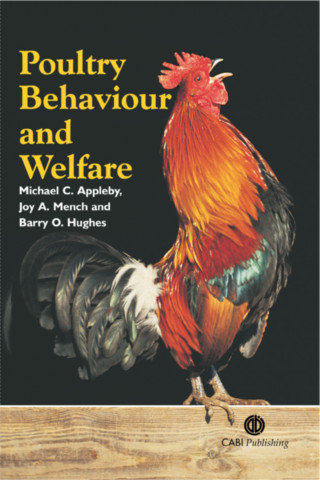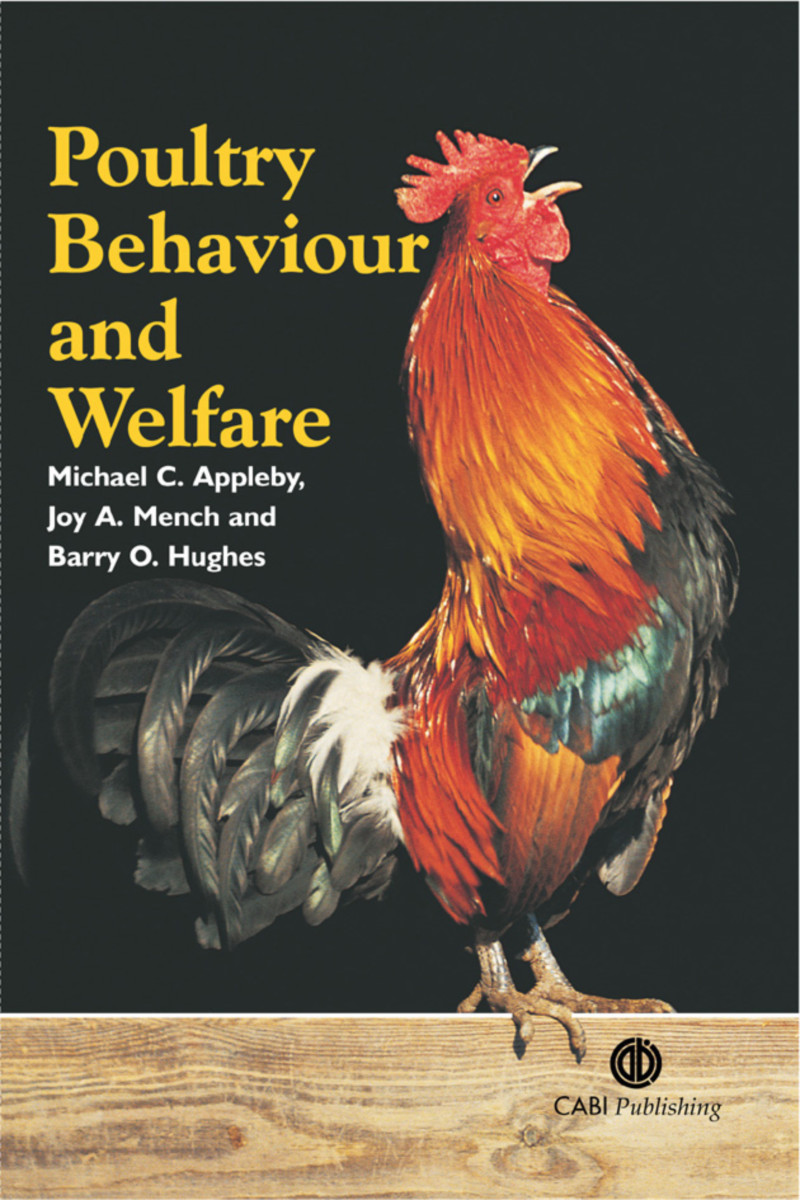CABI is pleased to offer HSVMA members a discount to support the work of the HSVMA. With more than 100 years of scientific research, CABI’s publishing brings together knowledge, information and evidence based research to help researchers and practitioners complete their academic and professional development. CABI supports study, practice and development across the applied life sciences through books, eBooks, compendia and online resources, including our world renowned CAB Abstracts and Global Health.
Poultry Behaviour and Welfare
- Publisher
CABI - Published
14th July 2004 - ISBN 9780851996677
- Language English
- Pages 288 pp.
- Size 6.75" x 9.25"
This authoritative textbook provides an introduction and guide to poultry behavior and welfare. It describes the origin and biology of the various species of bird that are of agricultural importance, as well as giving a succinct overview of their key behavior patterns. There is careful discussion of the many factors that influence their welfare, and detailed consideration of the ways in which legislation and commercial interests interact in an attempt to satisfy the many needs involved. The final chapters discuss possible future developments within the subject. The book is in part an update of a previous work, Poultry Production Systems: Behaviour, Management and Welfare (CABI, 1992), completely rewritten and with much new material added.
PART A: POULTRY
* Origins
* Biology
PART B: BEHAVIOUR
* Causes and effects
* Maintenance
* Living in groups
* Reproduction
PART C: WELFARE
* Perceptions of Welfare
* Sentience
* Physical aspects
* Environmental influences
PART D: PRACTICE
* Industry
* Systems
* Politics
* Economics



